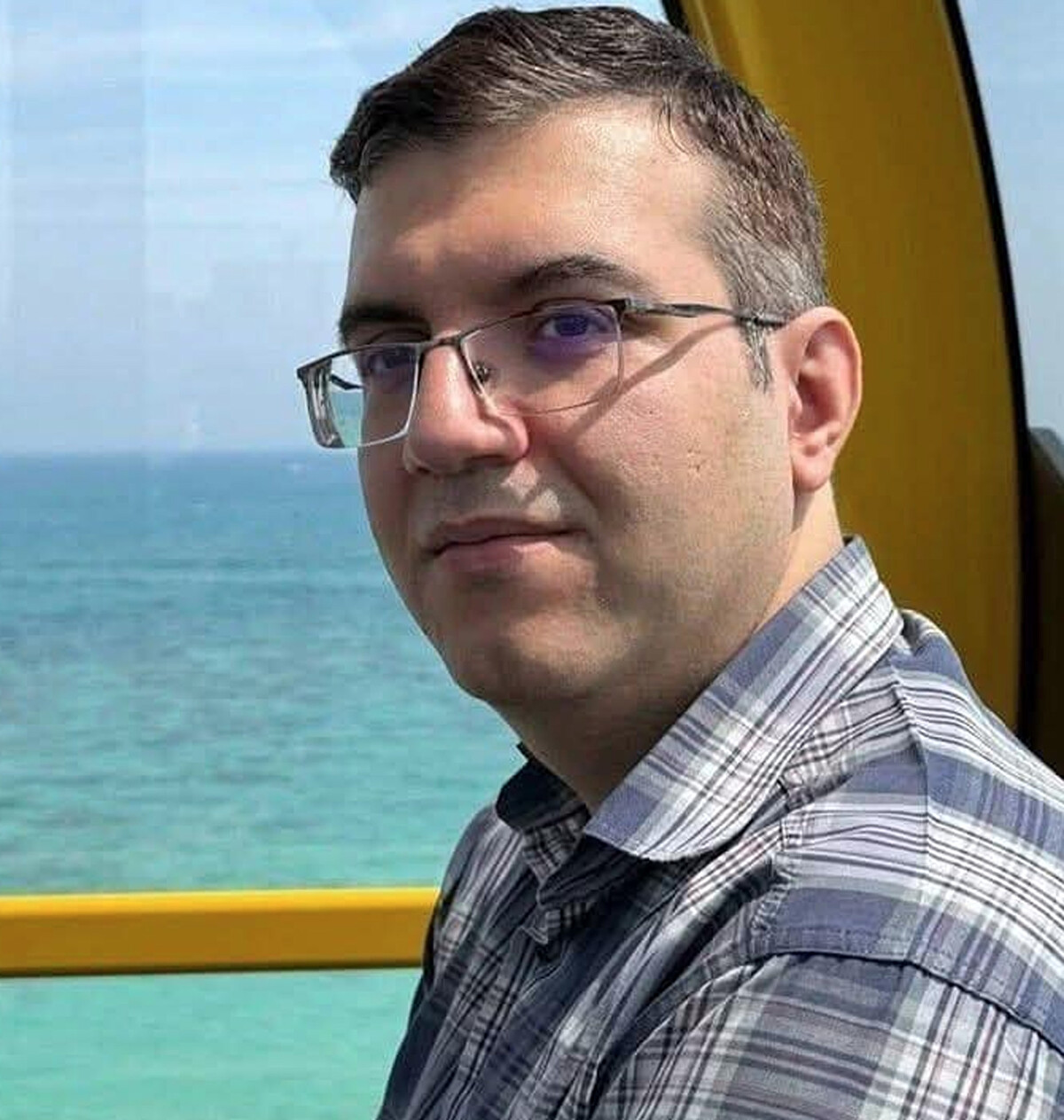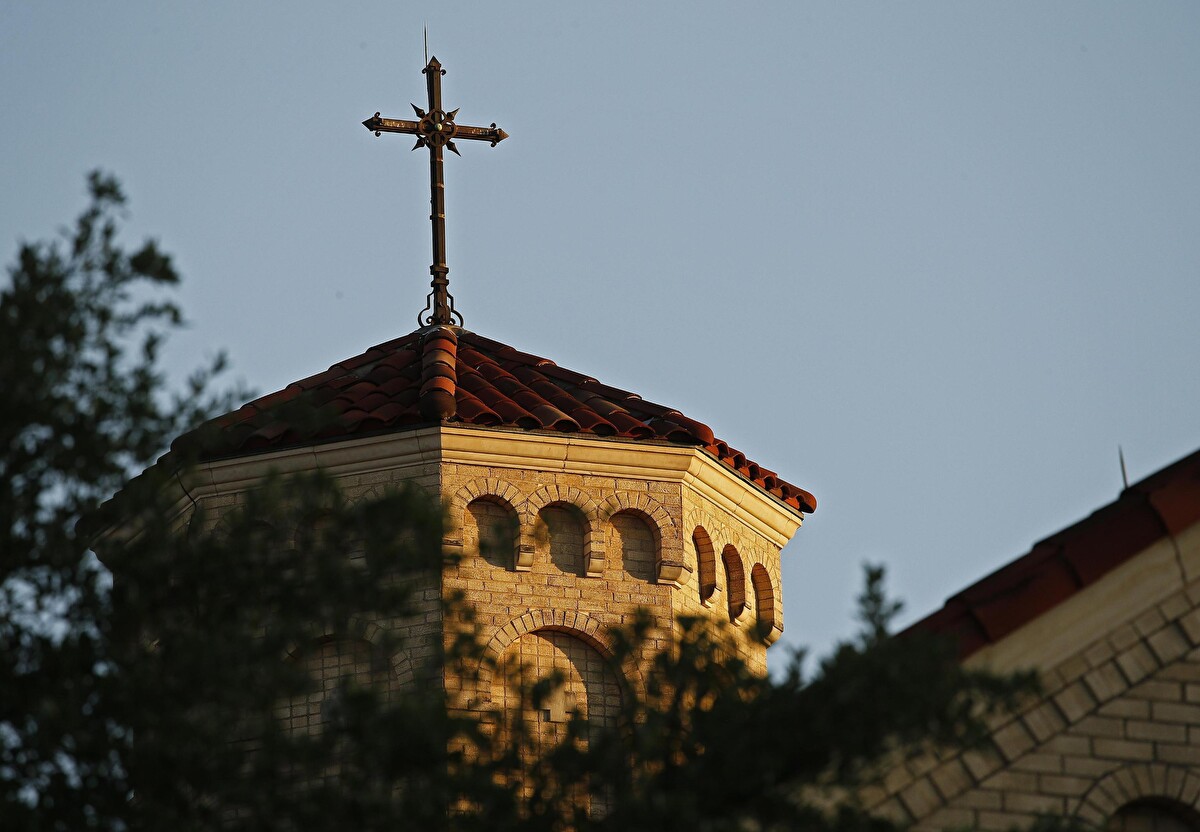Mohammad Abedini, a 38-year-old Iranian engineer, walked free from an Italian prison on Sunday after Justice Minister Carlo Nordio unexpectedly intervened to halt his extradition to the United States.
The decision overturned a previous request for Abedini’s detention, reversing the course of a case that had drawn international attention after Italian journalist Cecilia Sala was briefly detained in Tehran under unclear circumstances just days before Abedini’s arrest.
Although the governments of Italy and Iran have always denied that the two cases were in any way linked, many experts believe that Italian Prime Minister Giorgia Meloni got President-elect Donald Trump to green-light Abedini’s release in exchange for Sala during a lightning visit to Mar-a-Lago two weeks ago.
Abedini, who holds Swiss residency valid until late 2025, was arrested at Milan’s Malpensa Airport on December 16 while traveling from Istanbul to Zurich. U.S. authorities had issued an international warrant for his arrest just days earlier. However, on Sunday, Nordio informed Milan’s appellate court that the conditions for extradition were not met. As a result, the court ordered Abedini’s immediate release, citing the binding nature of the minister’s decision under Italian law.
The abrupt turnaround followed weeks of legal uncertainty. Initially detained at Busto Arsizio, Abedini was briefly transferred to Calabria before being held at Opera prison near Milan. His lawyer, Alfredo De Francesco, welcomed the justice minister’s intervention, calling it a victory for the rule of law.
“We are extremely pleased with this outcome,” De Francesco said as reported by Italian media. “The minister’s decision reflects the principles we’ve argued all along: there were no grounds for extradition, and personal freedom must remain a fundamental right. My client never lost faith in the legal system, and today that trust has been vindicated.”
Iranian authorities have already announced that Abedini will soon return to Tehran. A statement from Iran’s judiciary, published by the state-affiliated Mizan Online, credited diplomatic efforts for resolving the matter. “Through negotiations between Iranian and Italian intelligence services and the Foreign Ministry’s involvement, the issue has been resolved, leading to his release,” the statement said.
Abedini’s legal battle was originally set to continue this week, with a hearing scheduled for January 15 to consider his lawyer’s request for house arrest. However, Nordio’s intervention preempted the court proceedings, leveraging his authority under Italian extradition law to revoke the detention order.
Sources familiar with the case suggest that the Justice Ministry acted to avoid a potentially drawn-out legal process. Prosecutors had signaled their opposition to granting house arrest, and the appellate court was unlikely to rule in Abedini’s favor. By stepping in, Nordio effectively ended the matter before it could escalate further.
Abedini’s lawyer says the priority is now to move forward. “He can finally breathe again,” De Francesco said. “This decision allows him to rebuild his life, free from the shadow of these charges.”












